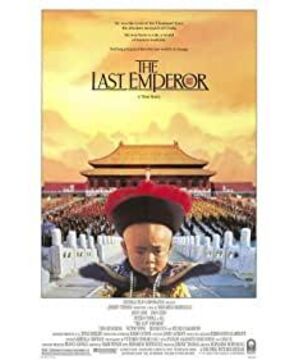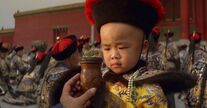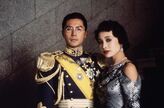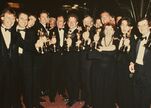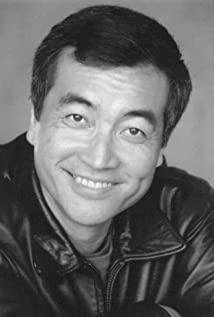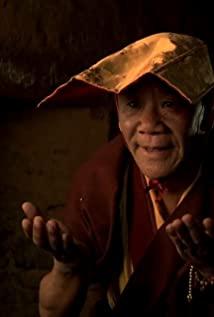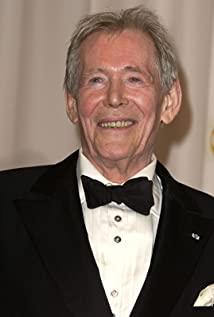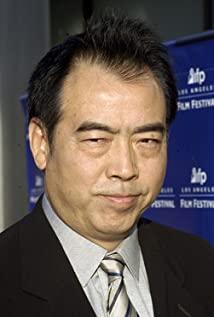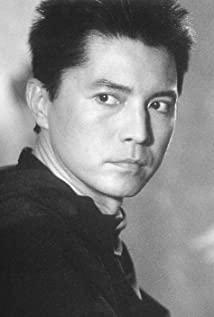This film has many firsts, including the first best film on the subject of China in the history of the Oscars, as well as the first feature film (not including documentaries) allowed to enter the Forbidden City to shoot.
The overall texture of the film is based on reality-based memories. The costumes and sets follow a sense of being able to give full play to imagination based on research evidence without being restricted, but if tracked down, it may be more real than many Qing palace plays today. Much.
The various stages of the film have different tones and light and shadows, which express the emotions the director wants to convey and the mood of the characters in the play.
Some film critics said that the film mainly uses natural light, but it is not.
Natural lighting is different from using natural light. For example, this lens, although it looks like natural light, how can the parallel light of the sun shine the shadow of the table legs on both sides? So in fact, there is a light source on each side of the window to make the shadow into this shape.
The color tone, light and shadow, and the angle of photography change as the protagonist’s inner world switches, sometimes hazy, sometimes depressed, sometimes bright, sometimes sad, sometimes dreamy, and sometimes realistic.
The director’s lens language is very sophisticated. The passages in the Forbidden City in the first part of the film are particularly brilliant, and the latter part, especially the part in the Puppet Manchukuo, has somehow reduced the density and tension of the lens.
In addition, Bernardo is actually an Italian director whose desires and ideals are flying high. For example, "Dream of Paris" is his work, so in his films, the description of eroticism is always indispensable, and this part is also very commendable. The place.
It is worth mentioning that, judging from the performance of the film’s English line butterfly, his nurse is also considered his first love to a certain extent. The scenes of his breastfeeding actually have cryptic sexual hints in it. In this sense, it is different from " The foot-measure section in The Garden of Words is very similar.
Speaking of the theme of the film, what Robert McGee said from the perspective of the play was identity, meaning "Who am I?" Others gave Puyi one identity after another, such as emperor, emperor in the Forbidden City, playboy, puppet, War criminal, or the last gardener? In fact, he hasn't found the answer to this question in his whole life, but he has been searching for it.
However, judging from the imagery of the movie, the repeated appearance of cages and doors may actually indicate that this film will truly be the theme of freedom and restraint. Pu Yi was born in a prison outside the Forbidden City and inside a prison of imperial power. This was built for him by everyone. He always wanted to go out to see and gain freedom at first, but everyone wouldn't let it. But when he was forced to leave the cage one day, he found that what he cared about in his heart was what he desperately wanted to break through in his childhood-that is, his identity as an emperor. So when the Japanese found him, he put aside his free life, willingly walked to the imperial palace of the Puppet Manchukuo, and was locked up again. However, with the defeat of Japan, everything fell into frustration. He was imprisoned as a war criminal, but he still felt that he was the emperor and insisted on shouldering all the crimes committed by the Japanese army. After a long life, when he was released, whether forced, inspired by the warden, or willing, he finally calmly gave up his emperor status. He used a corner ticket to return to the Forbidden City, took out the grasshopper and released it, but his face was filled with a relieved smile. Because at this time, he was like grasshopper, crawling out of his emperor's identity, and finally free.
Unfortunately, he was not far from the end of his life at that time.
(The above is only a commentary on the movie, not the history. In addition, Sakamoto Ryuichi's soundtrack is really amazing, and a few bars are unforgettable.)
View more about The Last Emperor reviews


